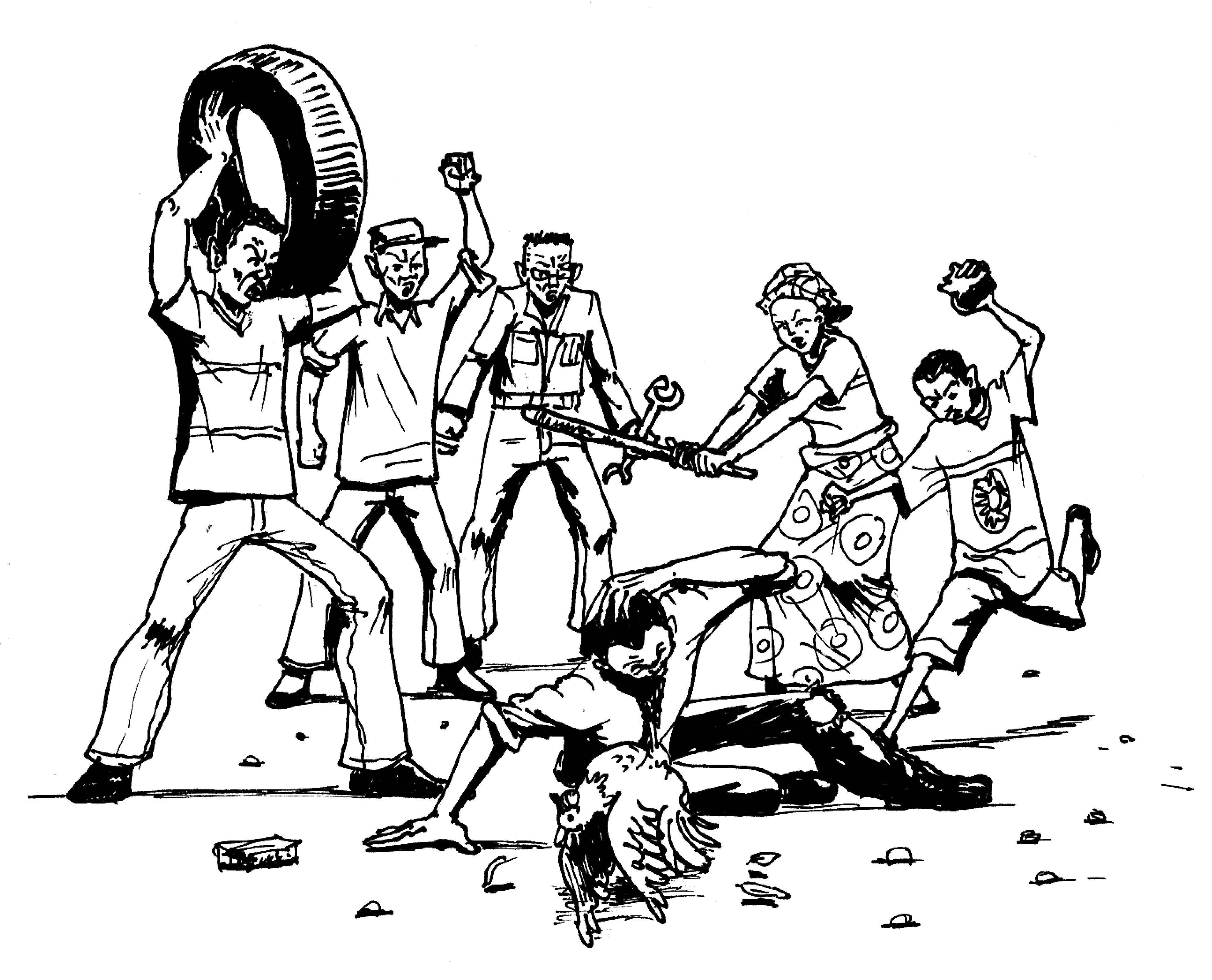
March 15, 2022
Amrit
Enhancing Farm Investments by curbing illegal Seed Technology
Introduction
India needs to curb proliferation of illegal seed technology and implement a strong intellectual property regime to ensure that companies invest in the agriculture sector and bring in latest technologies, a top executive at Bayer CropScience. The German agribusiness major has made a portrayal to the legislature on this respect, said Simon Thorsten Wiebusch, Chief Operating Officer of the company.
Farmers of the country can profit by the German company's solid range of agricultural products if the common trust is reestablished, he stated on the outset of Indian Seed Congress 2020 held in the country. The present circumstance is legitimately forestalling farmers to utilize the most recent and productive cotton seed innovation and resulting in them being less competitive in worldwide markets in contrast to various other agricultural nations like the USA, Brazil and Africa, he said.
HT seeds and trade
In India, Monsanto introduced its first-generation Bt cotton, called Bollgard I (BG-I) in 2002 followed by Bollgard II (BG-II) in 2006. The Herbicide Tolerant or HT seeds as they are commonly known as, are a cottonseed innovation created by the German firm but has yet not received the nod from the Genetic Engineering Approval Committee and still being sowed in the nation, against the law, since 2018.
As per the experts of the agriculture industry, the HT seeds cover an area of 1.3 million hectares or 10% of the 12.8 million hectares of land devoted for cotton cultivation in the nation.
According the COO, after sanction is given by the government, it will take about four years for the corporation to launch the innovation in India. “It’s now a question on when we have discussion with the government on whether they want to deregulate it and what type of additional information they require from us,” he said. He also stated that according to him and the company, farmers in the country are using the technologically in order to enhance production and curb risks at the same time.
Larger cotton cultivating nations such as USA and Brazil have already started using these technologies and have moved steps ahead of India in the global agricultural markets, as per the industrial experts. It is estimated that by 2028 that the area under cultivation would increase by 65% but the increase in production would only be 33%.
Expansion of illicit HT innovation has high danger of obstruction and characteristic quality. As of now, there is no test for quality articulation or purity.
Farmer resentment over the seed Bill
New analysis so far has originated from individuals from the common society who have contended that the Bill is backward in nature. For example, a move from farm spared seeds to certified seeds, which would raise seed substitution rates, is alluring. Certified seeds have higher and more steady yields than ranch spared seeds. In any case, such a move ought to be accomplished not through policing, yet through an empowering environment. Private seed organizations favor policing in light of the fact that their low-volume, high-esteem plan of action is significantly subject to constraining farmers to purchase their seeds each season.
The Seeds Bill demands the necessary registration of seeds. In any case, the PPVFR Act depended on willful registration. Subsequently, numerous seeds might be enlisted under the Seeds Bill yet may not under the PPVFR Act. Consider a seed assortment created by a breeder, yet got from a conventional assortment. The breeder will get exclusive advertising rights. In any case, no increase will accumulate to farmers as advantage sharing is managed in the PPVFR Act, under which the seed isn't enrolled.
The PPVFR Act, which is based on an IPR like breeders’ rights, does not allow re-registration of seeds after the validity period. In any case, as the Seeds Bill does not depend on an IPR like farmer's or cultivator's privileges, private seed organizations can re-register their seeds a limitless number of times after the validity time frame.
Conclusion
Quality seeds are India's life saver. Cultivating, nourishment and the employment of more than 60 percent of the Indian populace rely upon them. A failed collect can possibly diminish our GDP and power a great many Indians into neediness and yearning until the following harvest. In general, India relies upon seeds to continue life.
The current government gets an opportunity to seed a one of a kind and dynamic Seed Bill or copy from others. At last, the quality seed will be accessible to the farmers at serious costs subject to a dynamic development of the seed business in an empowering domain. The sound seed industry will prompt upgraded quality seed accessibility at moderate costs to the farmers.





